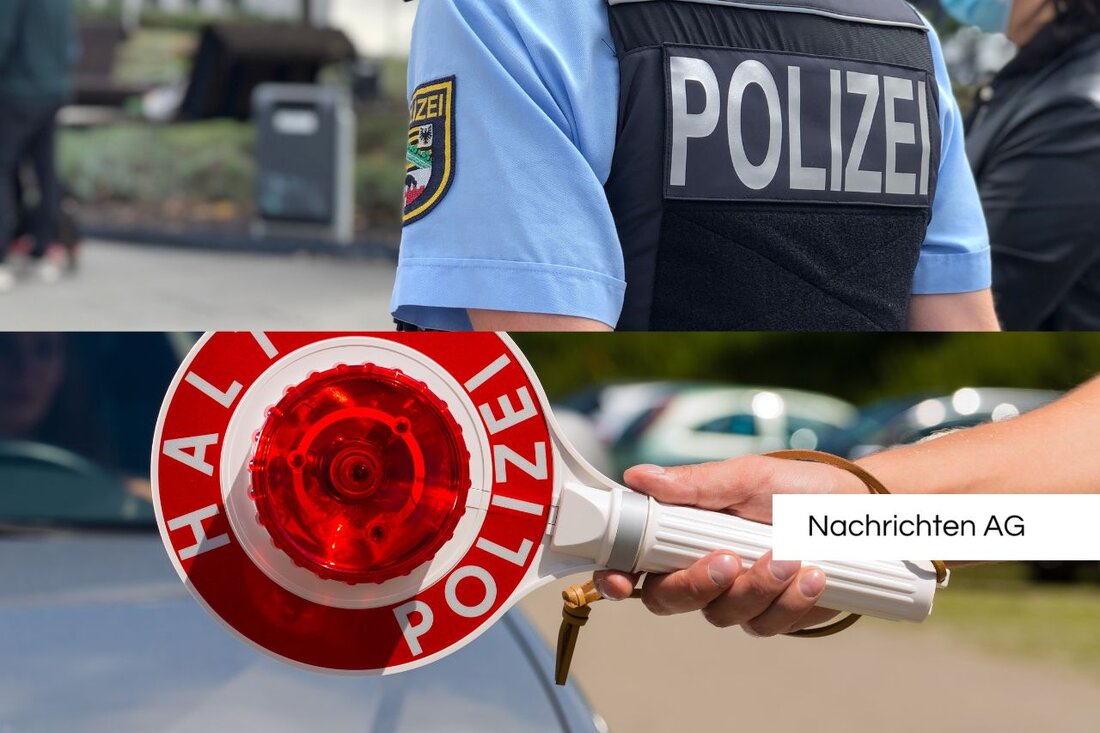Stocker speaks to Netanyahu: Gaza between hope and horror!
Stocker speaks to Netanyahu: Gaza between hope and horror!
Vienna, Österreich - On Tuesday, Austrian Chancellor Christian Stocker (ÖVP) will make calls to Israeli Prime Minister Benjamin Netanyahu to discuss the current situation in the Gaza Strip. In this context, Netanyahu announced that it would take full control over the area. However, the Federal Chancellery in Vienna emphasizes that according to international law Gaza Palestinian must remain and displacement is excluded. In this area of tension there is agreement that the terrorist organization Hamas may no longer have power in Gaza in the future.
Austria calls for a solution compliant with international law that includes the Palestinian Authority and the International Community. It is pointed out to the urgency of an armistice to reduce civilian victims on both sides. The origin of the current conflict will be attributed to the terrorist attack of Hamas on October 7, 2023, which resulted in a number of military measures by Israel. Israel has reserved the right to self -defense, but the exercise of which may not exceed the framework of international law.
Humanitarian crisis in the Gaza Strip
The situation in Gaza is described as dramatic. According to reports, there are still 58 hostages in the Gaza Strip, most of them are now dead. Hamas is asked to released all hostages, while Austria exhorts the unconditional and immediate release of all hostages. In the middle of this tense situation, Israel imposed the blockade of humanitarian aid in March 2025, which means that food, water and medical goods could not get into the country. On Monday, five UN trucks arrived in the Gaza Strip after weeks of blockade, but aid organizations warn of an upcoming hunger.
Matthias Miersch, chairman of the SPD parliamentary group, described Hamas' terrorist attack as barbaric and also demanded the immediate release of the hostages. The humanitarian crisis in the Gaza Strip is considered worrying, and reports on destroyed hospitals and blocked aid deliveries increase the urgency to observe the humanitarian needs of the civilian population. The military commitment led by Israel aims to defeat Hamas and to leave the hostages released, but has serious civil society consequences.
international demands and legal framework conditions
The intensity of the fighting increases and medical care in the region is catastrophic. Siemtje Möller, deputy chair of the SPD parliamentary group, criticizes the condition of the medical institutions, especially the outdoor cancer center, which is a symbol for people's suffering. Möller demands that Israel's procedure for hostage exemption must be in accordance with international law, and emphasizes the need for an immediate end of the fighting and serious negotiations on an armistice.
lawyer Wolff Heintschel von Heinegg explains the legal dimensions of the situation. He explains that states can rely on self -defense rights if non -state actors like the Hamas attack. Nevertheless, the offensive leads to numerous civilian victims and violates humanitarian international law. Heintschel notes that the assessment of the situation must be based on the principles of humanitarian international law, which allows some attacks on permissible goals, but also requires the protection of civilians.
Development in this complex and tense situation remains of great international importance, while the voices become louder after an immediate end of the fight and the restoration of humanitarian aid.
Further information is in the articles of vienna.at, spdfraktion.de [germanyfunknova.de] (https://www.deutschlandfunknova.de/beard/NHOSTKIRAG-ISRAEL-GAZA and-Das-humanitaere-voelkerrecht).
| Details | |
|---|---|
| Ort | Vienna, Österreich |
| Quellen | |


Kommentare (0)